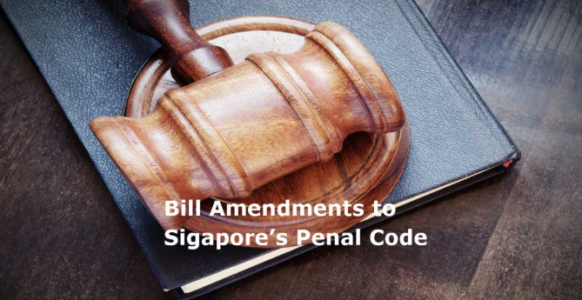Balancing public safety with justice in Singapore’s new sentencing regime.
Singapore has introduced the Sentence for Enhanced Public Protection (SEPP), a measure allowing indefinite detention for certain offenders of serious crimes, even after serving their original sentences. The goal: to protect the public from individuals deemed highly likely to re-offend.
Under the Criminal Procedure (Miscellaneous Amendments) Bill, passed this week, SEPP expands existing preventive measures and replaces the corrective training regime. The legislation also gives courts the option to impose SEPP for severe crimes like attempted murder, rape, and culpable homicide.
Key Features of SEPP
Applicable to offenders aged 21 or older, assessed as “extremely dangerous.”
Sentences range from a minimum of 5 to 20 years, with indefinite extensions possible.
Reviews are conducted annually by a detention review board, though the Minister of Home Affairs holds ultimate authority over release decisions.
The measure has sparked debate over its ethical implications and practical consequences, including its impact on offenders and Singapore’s judicial principles.
A Precautionary Measure
Senior Parliamentary Secretary for Law Rahayu Mahzam emphasized that SEPP is not about additional punishment but about preventing harm. She outlined its purpose as addressing the gap in current sentencing, where offenders may still pose a threat after serving their time.
However, indefinite detention raises questions about fairness, humanity, and the psychological toll on inmates. Drawing comparisons with the United Kingdom’s now-abolished Imprisonment for Public Protection (IPP), critics have warned of similar risks, such as mental health deterioration and uncertainty about release dates.
The UK’s experience showed a rise in self-harm and suicides among IPP detainees, compounded by the indefinite nature of their sentences. To avoid these pitfalls, Singapore must implement robust safeguards, including transparent mental health support systems.
The Role of the Judiciary vs. the Executive
Under SEPP, courts determine the initial sentence, but decisions about extending detention rest with the Minister of Home Affairs. This setup has raised concerns about the separation of powers, a cornerstone of democratic governance.
While MPs questioned why a minister should have this authority, the government defended the arrangement, citing the complexity of assessing re-offense risks and rehabilitative progress. The decision involves input from a panel of experts, including psychologists, psychiatrists, and retired judges.
Nonetheless, the final say by the executive branch creates potential overlaps between judicial and ministerial responsibilities, prompting debates about accountability and impartiality.
Balancing Rights and Safety
While SEPP aims to address public fears about recidivism among violent criminals, it also underscores the moral dilemma of balancing individual rights with societal security.
Singapore’s stringent judicial framework seeks to prevent crime and protect vulnerable communities. However, the indefinite detention of offenders must be handled with transparency, fairness, and empathy to avoid compromising broader human rights principles.
The debate over SEPP highlights the tension between safeguarding society and ensuring justice—a challenge that will require vigilance and accountability in its implementation.








